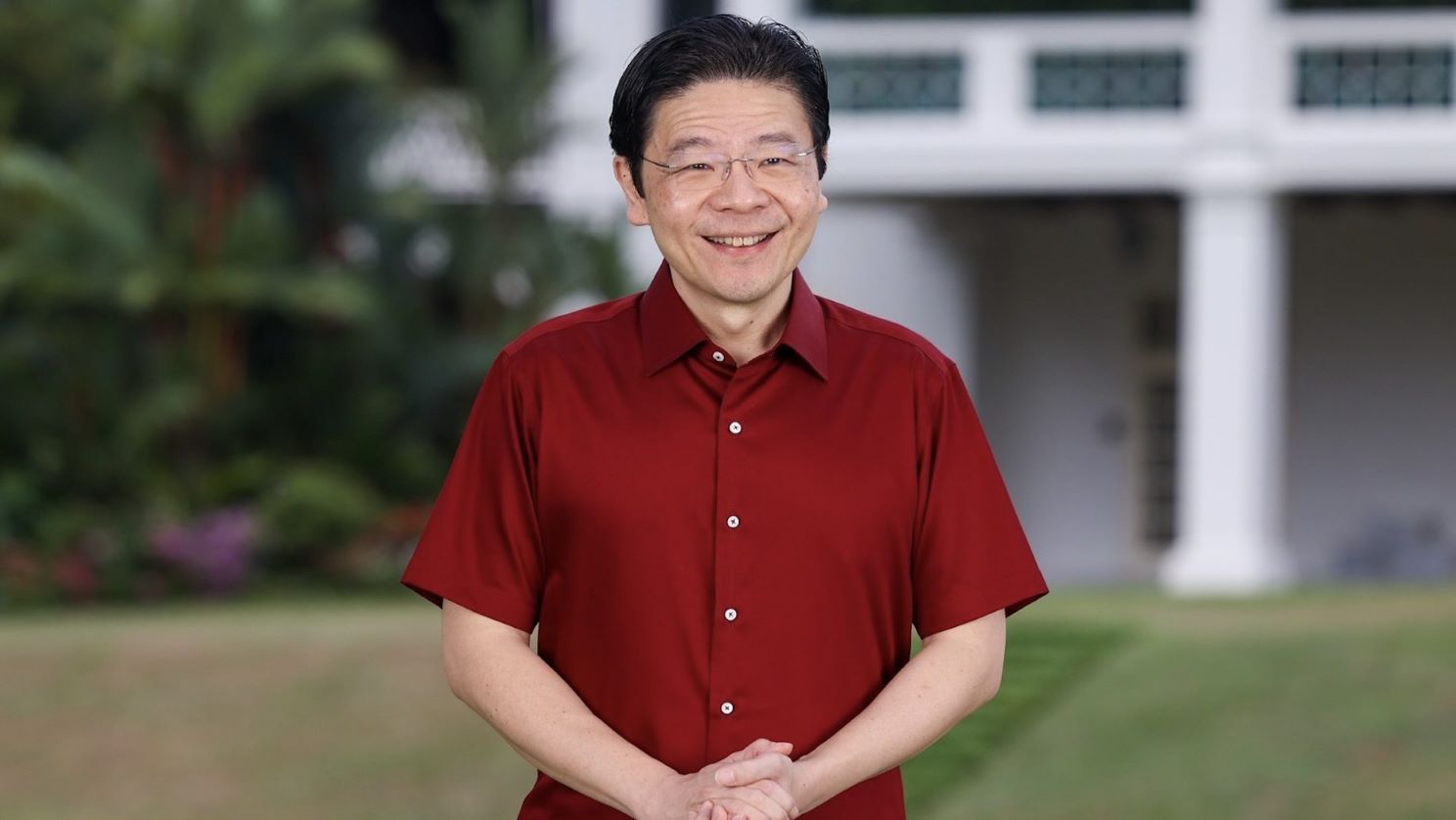SINGAPORE: REACH is reaching out. While continuing to host public-government dialogues, it will also organise events where diverse groups of people with different views get to talk to each other in a quest for mutual understanding.
Leaders from civil society will meet to discuss difficult issues such as race, religion, social mobility and the effect of rapid technological changes, Prime Minister Lawrence Wong said on Saturday (March 29).
Such conversations are needed to build trust and mutual understanding, he said.
“We have to create more common and safe spaces for Singaporeans of different backgrounds to meet, talk and build a common understanding, especially on issues where it is difficult to see eye to eye.”
The Prime Minister was speaking at the 40th anniversary celebrations of REACH, the government’s feedback unit.
He said REACH will assume a new role, building bridges in Singapore’s increasingly diverse society.
“Building these bridges will not be easy. But we will take the first step. And with time, hopefully, it will become smoother and easier,” he said.
Singapore is becoming more diverse in terms of perspectives, life experiences and world views, said Mr Wong.
“The diversity enriches our society”, but “it can also pull us apart if it is not managed well”, he said.
“To be clear: diversity does not have to lead to fragmentation or polarisation,” he added. “Nor does unity require us to erase our differences. We have to strike a balance – one where we can have healthy debates, agree to disagree where necessary, and still maintain overall unity of purpose as Singapore and Singaporeans.”
Hence the new role for REACH, as a bridge builder between communities.
Mr Wong said the government will provide leadership and direction. It will keep policies inclusive.
But cohesion cannot be mandated by policy, he added. Singaporeans have to stand together and look out for one another for unity.
This can be ensured by participating in community events, checking on your neighbours or befriending someone who is not like you, he said.
“We may not see the changes overnight, but these small acts of care and kindness add up.”
The Prime Minister assured Singaporeans: “We listen to you, we listen to every feedback, and your suggestions have directly shaped key policy changes over the last one to two years.”
He gave examples of policy changes such as the new guidelines on flexible work arrangements, additional shared parental leave and the revamp of the Gifted Education Programme.
Sometimes, the changes take time to implement.
When MediShield was introduced in 1990, providing coverage up to the age of 90, there were suggestions to extend coverage, but that would have increased premiums and made it unaffordable.
So, after careful study, the government eventually introduced MediShield Life in 2015.
There may also be cases where the government doesn’t agree with the suggestions.
For example, there were suggestions to introduce price controls to curb inflation.
“We understand the concerns about cost of living, but the experience everywhere shows that price caps are not effective and that can have counterproductive effects,” said Mr Wong.
The government instead tries to help in other ways, such as through cash payouts and Community Development Council (CDC) vouchers.
“There will be divergent views, there will be disagreements,” the Prime Minister said. “But I firmly believe that a more open and participatory society will strengthen, not weaken, Singapore.”
REACH’s anniversary celebrations mark the start of a year-long series of initiatives themed Building Bridges Across Communities.
REACH chairman Tan Kiat How said the organisation is grateful for public support and is committed to playing a constructive role in nation-building.

